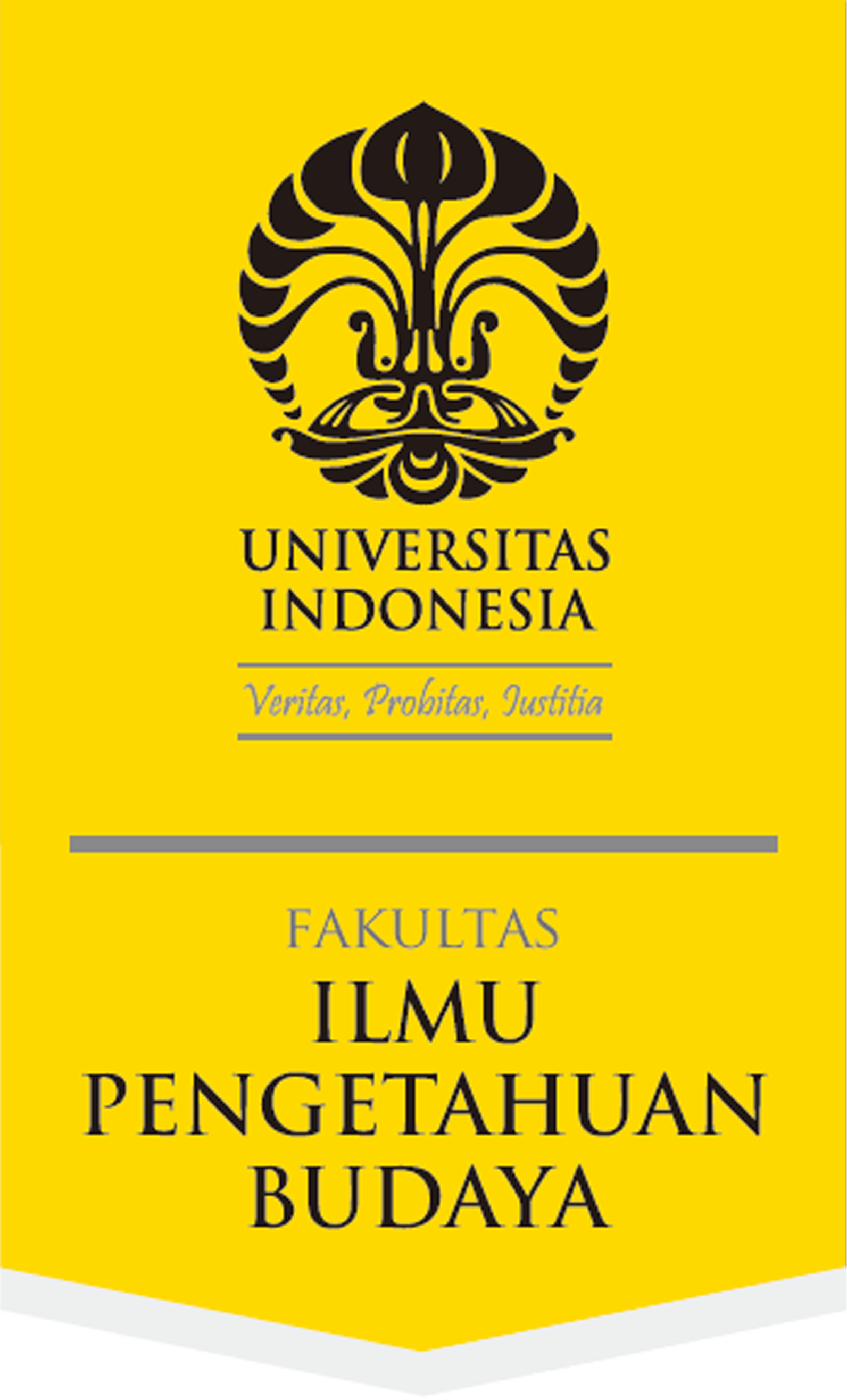Abstract
This correlational study is to show the role of deductive and inductive reasoning abilities as aspects of cognitive development on expository text comprehension among high school students who already have a capacity to think in conceptual and hyphotetical ways and to examine how they correlate and influence the text comprehension process. This study has broaden our knowledge of language and thinking, as it is different from other previous studies that focused on comprehension process among elementary students, narrative, reading strategies, and comprehension difficulties. It is found that deductive reasoning is more significantly correlated to expository text comprehension than inductive reasoning. There is other significant differences between natural sciences and social sciences students in expository text comprehension and deductive reasoning, where the average scores of the natural sciences students on both variables are higher than those of social sciences students. It shows that the ability to analisesyntesise, to relate some basic elements of a text, and to draw a conclusion or main idea of the text support the process of expository text comprehension, and can be taught and developed by learning process. Meanwhile, inductive reasoning ability is significantly different between male and female students, and it does not correlate to expository text comprehension.
References
Bluedorn, Harvey. 1995. “Two methods of reasoning”, (www.triviumpursuit. com/articles/two_methods_of_reasoning.php), diakses 24 Desember 2006.
Brandon, E.P. 1989. “Gender and competence in deductive Logic”, (http:// cavehill.uwi.edu/bnccde/epb/GEN&LOG.html), diakses 24 Desember 2006.
Copi, Irving M. dan Keith Burgess-Jackson.1996. Informal logic. New Jersey: Simon and Schuster. (Edisi pertama: 1982).
Eysenck, Michael W. 1994. The Blackwell dictionary of cognitive psychology. Massachusetts: Blackwell Publishers. (Cetakan pertama tahun 1990).
Falmagne, Rachel Joffe dan Joanna Gonsalves. 1995. “Deductive inference”, Annual Review of Psychology 46: 525-559. Dikutip dari (www.questia.com), diakses 17 Mei 2006.
Grabe, William dan Fredricka L. Stoller. 2002. Teaching and researching reading. Harlow: Pearson Education Limited.
Hayon, Y.P. 2005. Logika: prinsip-prinsip bernalar tepat, lurus, dan teratur. Jakarta: ISTN.
Hurley, Patrick J. 2000. A concise introduction to logic. Edisi ketujuh. Belmont: Wadsworth/Thomas Learning. (Edisi pertama tahun 1982).
Hughes, Arthur. 1990. Testing for language teachers. Glasgow: Bell and Bain.
Jay, Timothy B. 2003. The psychology of language. London: Pearson Education.
Just, Marcel Adam dan Patricia A. Carpenter. 1987. The psychology of reading and language comprehension. Newton: Allyn and Bacon.
Kline, Paul. 1986. A handbook of test construction: introduction to psychometric design. London: Methuen.
Lobner, Sebastian. 2002. Understanding semantics. London: Arnold.
McShane, John. 1991. Cognitive development: an information processing approach. Oxford: Basil Blackwell.
Mendenhall, William dan Terry Sincich. 1996. A second course in statistics: regression analysis. Edisi kelima. New Jersey: Prentice Hall International.
Richter, Tobias dan Johannes Naumann. “Computer-based assessment of reading Skills”, (http:psydok.sulb.unisaarland.de/volltexte/2004/317/pdf/ Richter_Naumann_2000.pdf.), diakses 17 June 2006.
Robinson, Paul W. 1981 Fundamentals of experiment psychology. Edisi kedua. New Jersey: Prentice Hall. (Edisi pertama: 1976).
Schaie, K. Warner. 2007. “Development influences on adult intelligence: the seattle longitudinal study”, (http://books.google.com/books), diakses 1 Mei 2007.
Singer, Murray dan Gordon O’Connell. 2006. “Robust inference process in the comprehension of expository text”, European Journal of Cognitive Psychology 15: 607-631. Dikutip dari (www.umanitoba.ca/ faculties / arts / psychology/documents/s_and_oconnl.pdf ), diakses 15 Mei 2006.
Singer, Murray dan Gilbert Remillard. 2004. “Retrieving text inferences: controlled and automatic influences”, Memory and Cognition 32/8: 1223- 1237.
Solso, Robert L. 1991. Cognitive psychology. Edisi ketiga. Boston: Allyn and Bacon.
Stevenson, Rosemary J. 1993. Language, thought, and representation. West Sussex: John Wiley and Sons. T
homson, Anne. 2000. Critical reasoning: a practical introduction. London: Routledge.
Tilley, Andrew. 1996. An introduction to psychologycal research and statistics. Edisi ketiga. St. Lucia: Pineapple Press.
Van den Broek, Paul, Julie S. Lynch, Jan Naslund, Carolyn E. Ievers-Landis, dan Kees Verduin. 2003. “The development of comprehension of main ideas in narratives: evidence from the selection of titles”, Journal of Educational Psychology 95/4: 707-718.
Weir, Cyril. 1993. Understanding and developing language test. London: Prentice Hall
Zago, L., S. Moutier; S. Rossi, V. Beaucousin, F. Andersson, L. Petit, O. Houde, dan N. Tzourio-Mazoyer. 2007. “Neural Correlates of Syllogistic Reasoning: A Gender Effect?”. (Http://gin.cyceron.fr/document.php?project), diakses 2 Februari 2007.
Recommended Citation
Ramelan, Ratih
(2008)
"Bahasa dan kognisi Studi korelasional tentang pemahaman teks ekspositori dan berpikir deduktif dan induktif pada siswa SMA,"
Wacana, Journal of the Humanities of Indonesia: Vol. 10:
No.
1, Article 5.
DOI: 10.17510/wjhi.v10i1.179
Available at:
https://scholarhub.ui.ac.id/wacana/vol10/iss1/5









